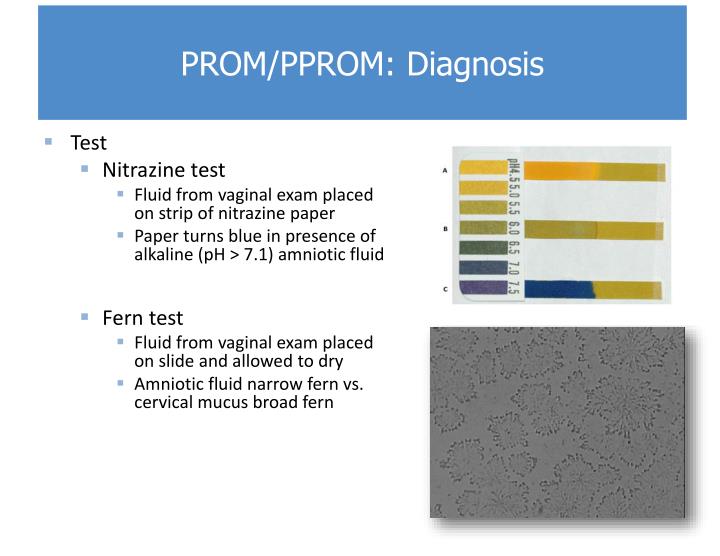
 Toxoplasmosis, fifth disease, cytomegalovirus or another fetal infection is suspected. You or your partner has a family history of a genetic condition like Tay-Sachs disease or sickle cell anemia (unless you've been screened and found out you're not carriers). You already have a child with a condition that can be diagnosed with amnio, like Down syndrome or cystic fibrosis (CF). Because amnio is a diagnostic test, it can give an accurate answer as to whether or not there actually is an abnormality. Results of a screening test (the combined first trimester blood work, the quad screen or noninvasive prenatal testing (NIPT), for example, or an abnormal ultrasound during an anatomic screen) turn out abnormal and you've missed the window for CVS (or opted not to get CVS because that test can't detect neural tube defects).
Toxoplasmosis, fifth disease, cytomegalovirus or another fetal infection is suspected. You or your partner has a family history of a genetic condition like Tay-Sachs disease or sickle cell anemia (unless you've been screened and found out you're not carriers). You already have a child with a condition that can be diagnosed with amnio, like Down syndrome or cystic fibrosis (CF). Because amnio is a diagnostic test, it can give an accurate answer as to whether or not there actually is an abnormality. Results of a screening test (the combined first trimester blood work, the quad screen or noninvasive prenatal testing (NIPT), for example, or an abnormal ultrasound during an anatomic screen) turn out abnormal and you've missed the window for CVS (or opted not to get CVS because that test can't detect neural tube defects). 
Like all genetic testing, amniocentesis is optional. And it can't determine the severity of the problem.

Unlike chorionic villus sampling (CVS), in which a sample of tissue is taken from the placenta, an amnio can also rule out neural tube defects such as spina bifida.Īn amnio does not, however, detect every kind of abnormality, including cleft lip or palate. Amniocentesis can detect several hundred genetic conditions, including Down syndrome, Tay-Sachs and sickle cell anemia.







 0 kommentar(er)
0 kommentar(er)
